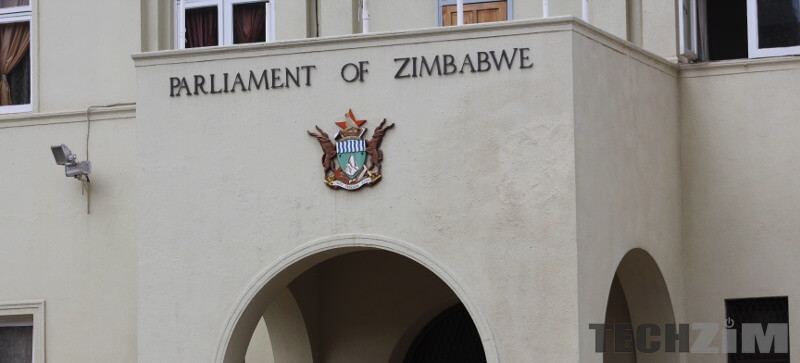Government should revisit provisions in the Education Amendment Bill, in particular clauses that seek to ban corporal punishment and the exclusion of pregnant pupils from school, legislators have said.
Contributing during the Second Reading of the Education Amendment Bill, the legislators said some of the provisions had the potential of reversing the high standards that Zimbabwe had achieved in education.
Bikita West MP Elias Musakwa (Zanu-PF) said there was need to relook the clause that banned corporal punishment from schools as a way of instilling discipline.
He said allowing pregnant pupils to continue with studies had the effect of undermining the desire to uphold the country’s moral fabric.
“As Parliament, we will be judged harshly,” said Musakwa.
“We have a value system as a country and society. We are all products of corporal punishment and abandoning it in favour of other forms of punishment, I do not think it will help us.”
Musakwa said Zimbabwe was renowned as a country with a high literacy rate, a sign of high morals.
“Zimbabwe is one of the few countries with literacy rates above 90 percent,” he said.
“It shows moral intactness of our moral fabrics. Condoning child pregnancy in schools is tantamount to reversing the gains we have achieved.”
Shurugwi North MP Ronald Nyathi (Zanu-PF) said outlawing corporal punishment in schools was not sustainable.
“I am visualising a situation where a pupil misbehaves, what do you expect the teacher to do? We are showing mistrust in our teachers,” said Nyathi, who quoted some biblical verses to support his argument.
He said outlawing the exclusion of pupils for non-payment of school fees ought to be relooked.
“This is because not all schools are Government owned,” said Nyathi. “In boarding schools, a child ought to pay for his or her upkeep like food.”State media




